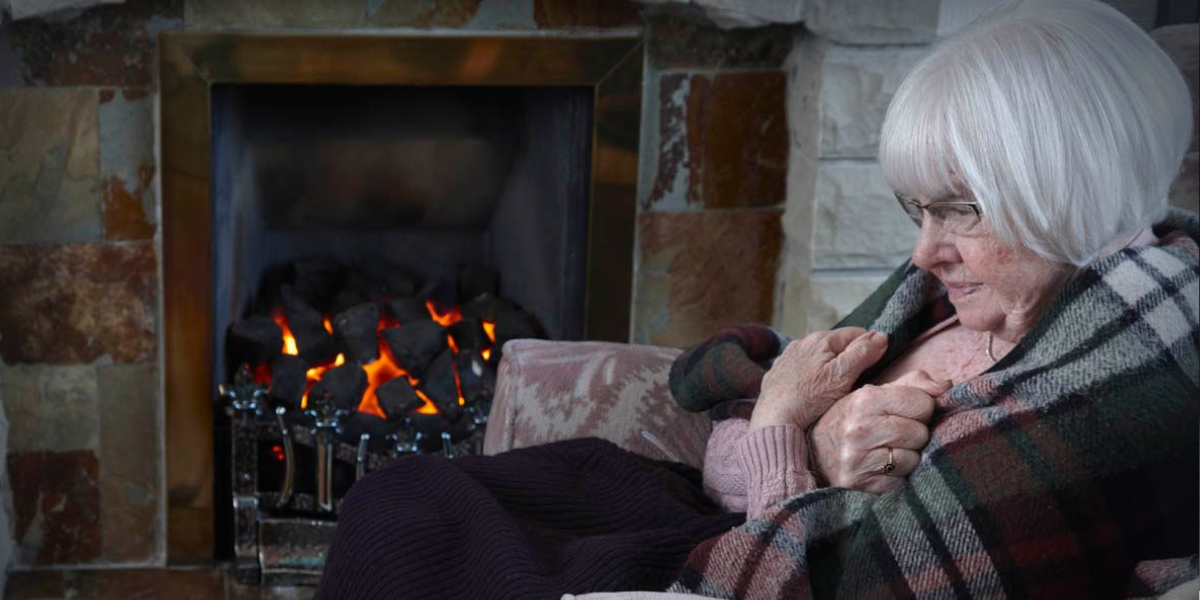Cold weather has a predictable and preventable impact on public health. When temperatures drop, hospitals see an increase in the number of patients suffering from heart attacks, strokes, and respiratory infections such as influenza.
There is also a greater risk of hypothermia – when prolonged exposure to the cold causes body temperature to drop below 35C – and when conditions are icy, more falls and related injuries.
What other health problems arise in the cold?
Aside from the direct effects of cold weather on health, the cold also has indirect effects on wellbeing. Cold temperatures have been linked to an increase in mental health issues such as depression.
Carbon monoxide poisoning from poorly maintained or poorly ventilated boilers, as well as cooking and heating appliances that burn fuel, are other risks.
Who is most at risk?
Children and older people are clearly at risk, though for different reasons. Children, especially those under the age of five, have small bodies that lose heat quickly. Older people, particularly those over 75, are more likely to be frail, and if they are socially isolated, they may not have people checking in on them, for example, to ensure that their home is sufficiently warm.
People with underlying health problems, such as heart disease, stroke, asthma, chronic obstructive pulmonary disease (COPD) and diabetes can all experience worse symptoms.
In the colder months, both cholesterol and blood pressure tend to rise, increasing the risk of heart attack and stroke. With diabetes, blood sugar tends to creep up in the cold weather, and if people’s hands get cold, it can make blood testing harder.
At what temperature do the risks ramp up?
Official data on excess winter deaths indicate that the impact on health begins to rise when average temperatures fall below 12 degrees Celsius, but there are regional differences, and factors such as how well a person’s home is insulated play a role. Cold snaps, when the temperature drops for a few days, have been found to double the risk of heart attack and stroke.
What about the temperature at home?
People with pre-existing medical conditions are advised to heat their homes to a comfortable temperature, aiming for at least 18C in the rooms that are used the most, such as the living room and bedroom, and to keep bedroom windows closed at night.

